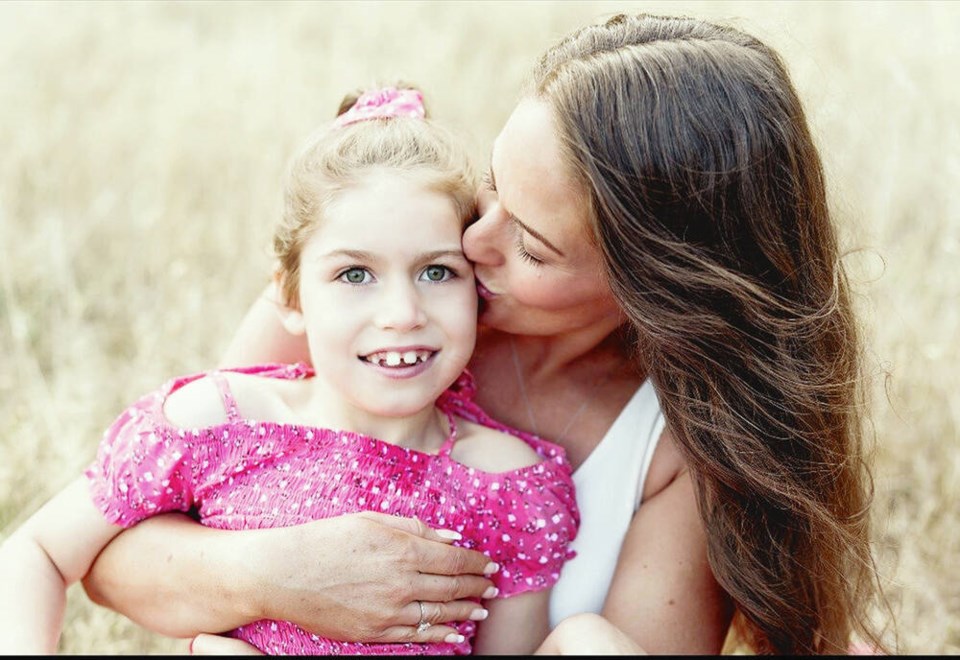It is also a tragedy that critics who know little of the case have chosen to speak out, prolonging the agony.

B.C. Health Minister Josie Osborne has been widely criticized for her ministry’s decision to halt drug treatment for a terminally ill young girl.
Nine-year-old Charleigh Pollock has Batten disease, a nervous system disorder that usually begins in childhood. It leads to seizures and progressive loss of sight, speech and motor skills.
Invariably terminal, the disease means most patients with Batten die about 10 to 12 years of age, though a few live into the early teens.
The most commonly prescribed treatment is a drug called Brineura. It has to be infused every two weeks and, while it can slow some of the symptoms, it is not a cure.
The objective is to improve quality of life as far as possible while the disease advances.
Charleigh began receiving Brineura at age three, but some months ago a team of specialists advised ending the treatment, since the child’s symptoms had progressed beyond the point where the drug could help.
Her mother protested, and a decision was made to continue the treatment while advice was sought from the Canadian Drug Agency.
The agency confirmed that there was no new research that supported continuing Brineura beyond the point where Charleigh’s symptoms had advanced. The ministry therefore decided that the drug treatment should be halted.
It’s worth noting that money didn’t come into the matter. Brineura costs about $1 million a year per patient, but that’s money worth spending if it prolongs a little child’s life. About $5 million had already been spent on Charleigh’s treatment, and more would have been available if it could help.
Yet Osborne has been vilified by the B.C. Conservative Party.
In a press release, Conservative MLA Brennan Day called her decision “morally indefensible” and “appalling,” and demanded she give the young girl “a fighting chance.”
Notably, Day has no medical training, and, sadly, there is no fighting chance here. It is beyond shameful that the Conservatives would attempt to score political points in such a tragic situation.
Joining the critics, the head researcher of an international Batten foundation, Ineka Whiteman, has publicly questioned whether the ministry’s experts had the breadth and depth of knowledge to render such a decision.
Her stance is understandable. She is a neuroscientist who speaks for an agency that advocates for Batten patients.
Doesn’t compassion demand that the ministry accede to the anguished pleas of Charleigh’s family?
Unfortunately, there are about 7,000 rare diseases like Batten, for many of which no medical treatment is available.
And with Batten alone, there are 14,000 patients worldwide.
The minister has called the decision to halt treatment one of the most difficult she has had to make.
And she voiced heartfelt sympathy for the anguish Charleigh’s loved ones are suffering.
But decisions of this kind can be made — should be made — only on strictly medical grounds.
How else would the ministry justify rejecting treatment for other patients with rare diseases for whom there is also no cure?
Indeed, how could the ministry secure expert advice at all if, after gaining that advice, it took the opposite decision on purely political grounds? No specialist would work with the government in such circumstances.
There are two tragedies here.
It is a tragedy that a young girl’s life is coming to an end, and that there is nothing medical science can do to save her.
It is also a tragedy that critics who know little of the case have chosen to speak out, prolonging the agony.
Our hearts are with Charleigh and her family.